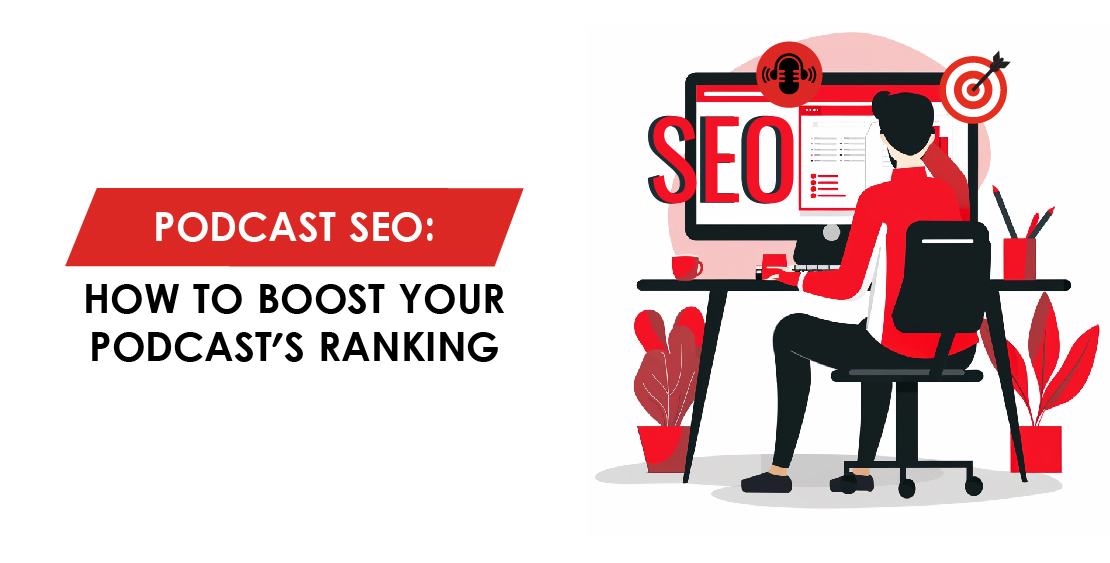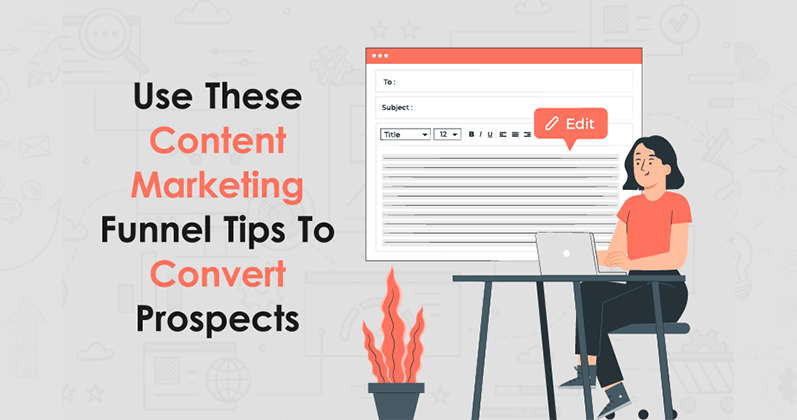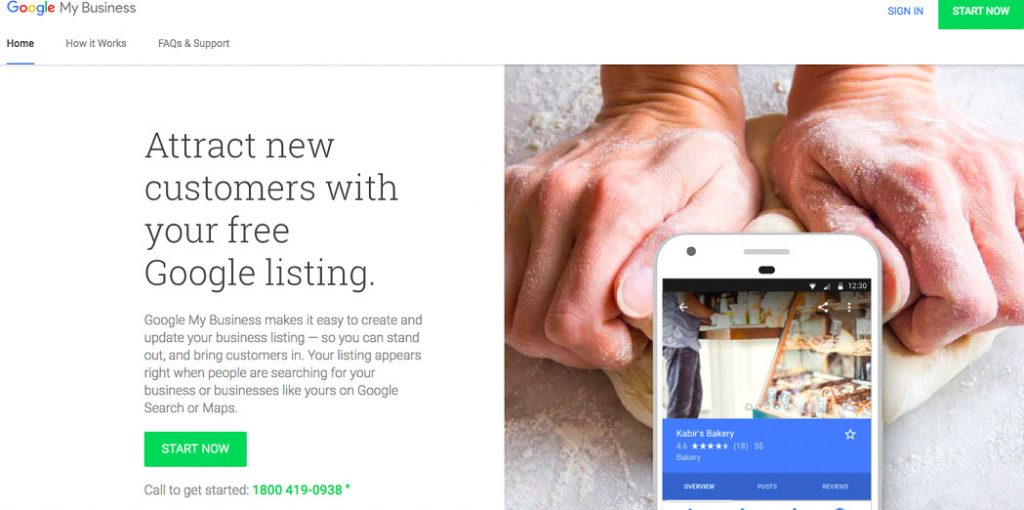How to Optimize a Podcast for YouTube?

Even though YouTube is primarily a video publishing platform, it has emerged as the most popular way audiences listen to podcasts these days. Needless to say, you must optimize your podcast show and episodes for this platform to become visible to your target audience on YouTube. Let’s explore all the crucial measures that can help you achieve that goal.
Add Video Chapters
It has been a few years since Google started showing relevant YouTube content in its search results. If you do a quick search on Google about “How to become debt-free,” you will find a number of relevant videos, including a video chapter from a personal finance podcast episode on YouTube.
If you want your YouTube podcast videos to show up in search results, start segmenting your podcast into various sections, which are popularly known as video chapters. This gives a structure to your podcast, making it easier for Google to understand. However, adding video chapters is not enough. You also need to optimize them if you want them to rank higher in the search results. Add relevant keywords in the title of each chapter.
Apart from helping your podcast video rank higher in the search results, video chapters also enhance user experience. Since podcasts can be quite lengthy, some listeners (or viewers) may like to skip to the interesting part instead of listening to the entire episode. A user might want to listen to the part that’s relevant to them quickly. The chapters in the podcast episode make it easier for the users to skip to the right topic in the video.
Create Playlists
If you run a podcast show that covers a wide variety of topics, it is best for you to create a playlist for each topic. This is particularly useful for YouTube podcasts, as YouTube prefers displaying relevant playlists in its search results. So, your content gets another chance to be seen. In a playlist, users can then choose the podcast they want to listen to, giving them the chance to explore different topics of your content.
Additionally, playlists can help organize your podcast library. So, if a viewer discovers one of your podcast playlists from the search results, they can find several other podcast videos on the same topic and spend more time watching your videos. YouTube also suggests related videos beside the video you are watching, helping users find content they may like.
Add the Target Keyword to Your Video’s File Name, Title, and Description
Before you publish your next podcast video on YouTube, make sure the following elements are properly optimized.
During the final stage of publishing your podcast video on YouTube, try to include your primary keyword in the video’s file name. At this moment, YouTube is not advanced enough to actually watch your video to see how relevant it is for the audience. However, it can read the file name of your video to get some context about the video and rank it accordingly.
Whenever it is possible, try to incorporate your target keyword organically in the video title. Make sure that the title is clear, concise, and compelling. Try not to overuse keywords. As mentioned before, keep the length of the title below 60 characters.
Try to mention all the crucial details about your podcast video at the beginning of your video description. Highlight a keyword-rich summary, relevant links, and/or CTA. Since YouTube displays only the first two or three sentences to the viewers, you need to use those sentences to your advantage. The viewer can read the entire description by clicking on the “Show more” button, but they rarely do that.
With these measures, you can significantly increase your chances of being discovered on YouTube. Even though the competition is intense, you can develop a good following on this platform with the right strategy.



















